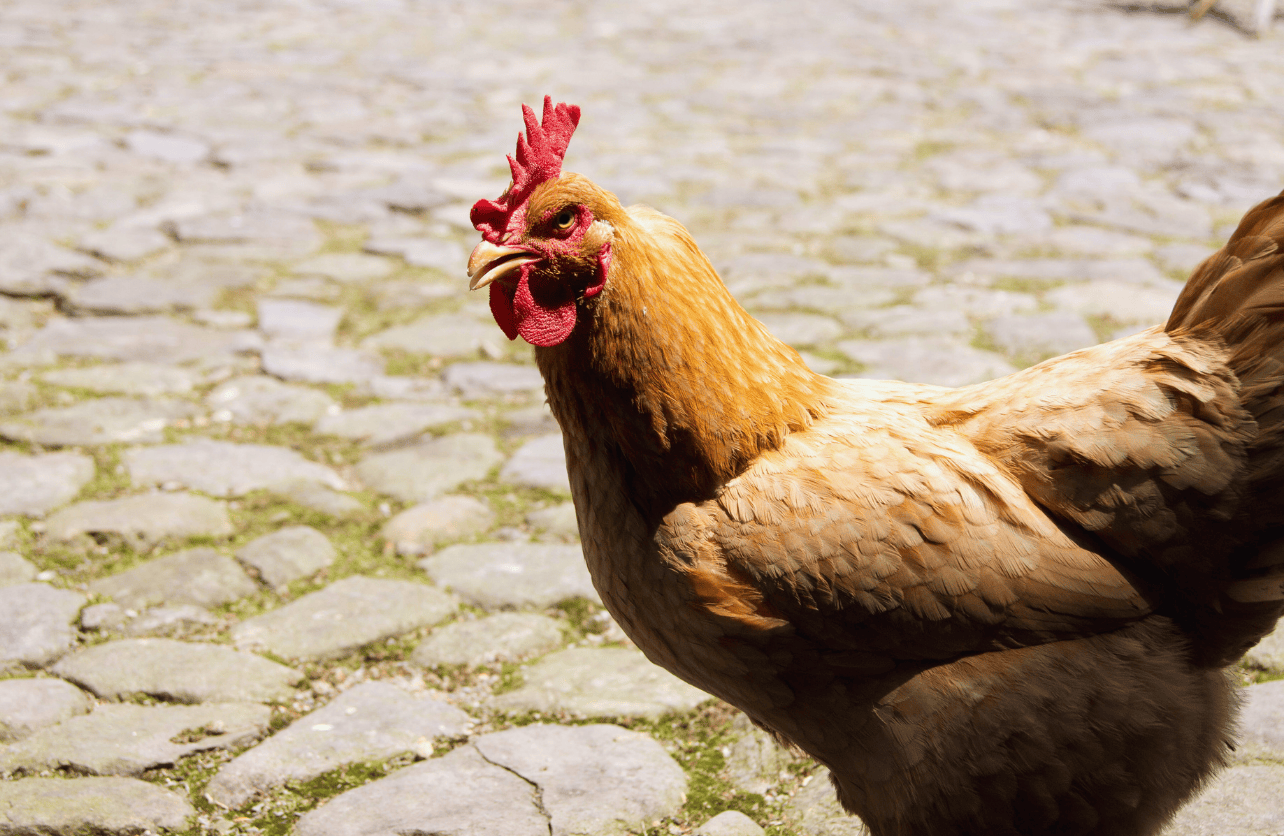Top Reasons Your Chickens Are Stressed and How to Fix It

Chickens, like any living creature, can experience stress, and when they do, it often impacts their health, behavior, and egg production. Recognizing the signs of stress in your flock and addressing the underlying causes can make a huge difference in their well-being. From environmental issues to health concerns, let’s explore the top reasons chickens get stressed and how you can help them lead happier, healthier lives.
Why Are Chickens Stressed?
Stress in chickens can stem from various sources, and identifying the root cause is the first step to resolving it. Here are the most common reasons your chickens might feel stressed:
Overcrowding in the Coop
Chickens need their space. If your coop is too small or overcrowded, your flock may become agitated, leading to fights, feather pecking, and even injuries. Overcrowding also increases the risk of disease and poor air quality.
Solution: Ensure your coop offers at least 4 square feet per bird inside and 8–10 square feet per bird in the outdoor run. Adding perches and extra nesting boxes can also help reduce tension.
Poor Nutrition
A lack of proper nutrients or access to clean water can stress chickens, affecting their growth, egg production, and immune systems.
Solution: Provide a balanced diet with layer feed or grower feed, depending on the age of your flock. Incorporate occasional treats like vegetables and fruits but avoid overfeeding. Always ensure they have access to fresh, clean water.
Changes in Their Environment
Chickens are creatures of habit and may feel stressed by changes in their environment, such as new coop mates, relocation, or sudden weather shifts.
Solution: Introduce changes gradually. If new birds are added, quarantine them first and allow the flock to interact from a distance before full integration.
Predators and Fear
Even if they don’t succeed in attacking, predators can terrify chickens. A predator near the coop can cause panic, leading to stress and reduced egg production.
Solution: Predator-proof your coop with reinforced wire mesh, secure latches, and motion-activated lights. Regularly inspect the coop for vulnerabilities.
Lack of Stimulation
Boredom can stress chickens, leading to destructive behaviors like feather pecking and egg eating. Chickens need activities to keep their minds and bodies engaged.
Solution: Add engaging coop accessories like toys, swings, or even a chicken xylophone. Offering dust baths is another excellent way to keep them entertained while promoting healthy feathers.
How to Spot Stress in Your Chickens
Recognizing the signs of stress is key to resolving it. Watch for the following:
- Decreased egg production.
- Changes in behavior, such as aggression or lethargy.
- Feather loss or pecking.
- Decreased appetite or weight loss.
- Pale combs or wattles.
If you notice these signs, assess your flock’s environment and make adjustments to address their needs.
Creating a Stress-Free Coop Environment
Maintaining a stress-free coop involves both prevention and active care. Here are some additional tips to create a comfortable environment for your flock:
- Cleanliness: Regularly clean the coop and replace bedding to reduce odors and ammonia buildup.
- Temperature Control: Ensure your coop is well-ventilated and insulated to handle seasonal changes.
- Routine Checkups: Monitor your chickens’ health and consult a vet for any concerns.
Final Thoughts
Happy chickens lay better eggs, stay healthier, and create a more enjoyable backyard experience. By addressing stress factors such as overcrowding, nutrition, and environmental changes, you can ensure your flock thrives. Don’t forget to add engaging accessories like toys and dust baths to keep their spirits high—your chickens will thank you for it.
Your Pet’s Best Interest, Always
At Pet Institute, we take pet care seriously. We're dedicated to transparency, impartiality, and the well-being of your pets in every article, review, and recommendation we provide. Our unwavering commitment to these principles ensures that you, our valued reader, always receive reliable and unbiased information. Let us be your trusted guide in the world of pet care and companionship.